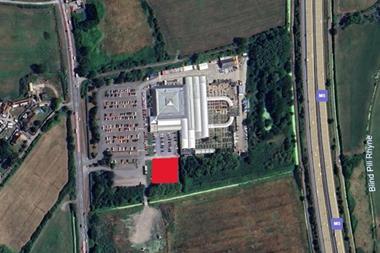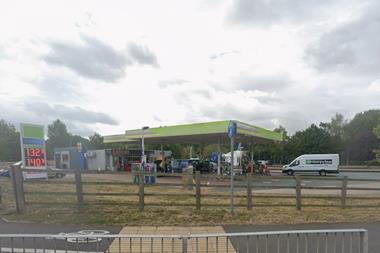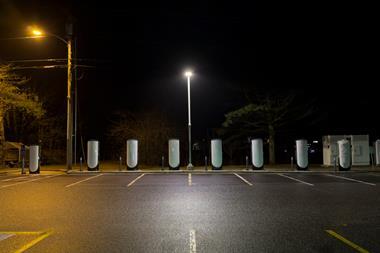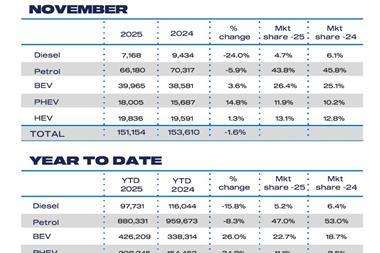The Freight Transport Association (FTA) has called on members of the Welsh Affairs Committee to press the Government for clearer information about the future of the Severn crossings, which returns to public ownership in 2018.
FTA appeared before the Welsh Affairs Committee alongside FTA member Owens Group to give evidence about the two bridges, which are currently operated by Severn River Crossing plc. FTA said the bridge tolls are among the highest in the country and it is seeking clarity about their future.
Ian Gallagher, FTA’s head of policy for Wales, said: “The future is uncertain for businesses and commuters who rely on the bridges every day. It is unthinkable that we are so close to the transition date and still do not know what this will mean for users and staff.”
FTA’s appearance follows written evidence already provided to the committee in May, where the association called for the tolls to be either scrapped altogether or reduced to a level that covered only maintenance and operating costs. This message was reinforced at the hearing.
Gallagher added: “The net toll revenue received by Severn River Crossing plc was around £98m in 2015. Maintenance costs for the bridges are around £15m so there is genuine scope to reduce the tolls much further than the 50% level announced by the chancellor at the last budget.”
As a frequent user of the bridge, Owens Group called on the committee to press the Department for Transport (DfT) in the strongest terms to come up with a solution that is both representative and fair.
Ian Jarman of Owens Group, who is vice chair of FTA’s Welsh Freight Council, said: “With the handover of both of the Severn crossings back into public ownership potentially as early as October 2017, it is important that we as an industry gain cross-party support for this issue which directly affect us.”
Commenting on the current operation, Jarman added: “There is an urgent need for free-flow technology to be used to ease congestion around the toll plazas, along with the need for high frequency discounts and the potential of off-peak running time discounts too.”

































No comments yet